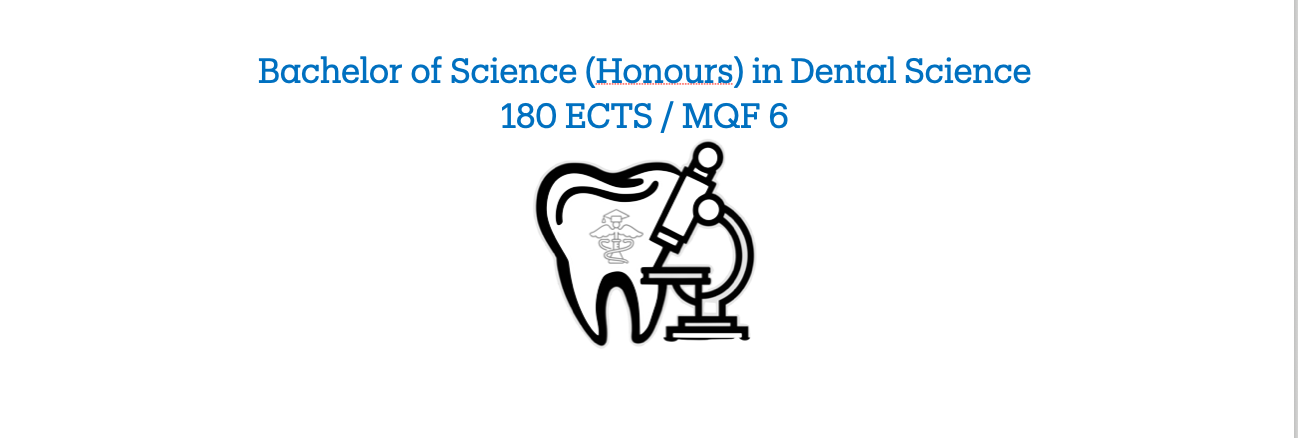
The Bachelor of Science (Honours) in Dental Science (BScDS) is an innovative and interdisciplinary programme that bridges dental science, biomedical research, and advanced technologies. Designed to address the evolving landscape of healthcare and dentistry, this course prepares students to become professionals equipped with scientific expertise, research skills, and technological competencies.
The programme integrates:
✔ Comprehensive Dental Science Education: A strong foundation through the Foundations Degree of Dental Science (120 ECTS)
✔ Interdisciplinary Approach: Combining biomedical engineering, digital health, and dental materials research
✔ Research & Innovation: Training in advanced methodologies, data analysis, and evidence-based practice
✔ Career Flexibility: Graduates can pursue roles in research, healthcare technology, policy, and academia
✔ Collaborative & Ethical Practice: Emphasizing team-based problem-solving and compliance with healthcare regulations
Students will gain in-depth knowledge of oral health sciences, biomaterials, bioinformatics, and health IT, positioning them as pioneers in the future of dental research, technology development, and healthcare innovation.
This is a residential Award taught completely in Malta. It is aimed at Italian students intending to progress their studies in dental and / or medical fields in the European context. The language of instruction will be Italian, except for the foreign language units. EIMS will direct the students who have completed the course at affiliated European Universities to carry on their studies in Dental Degree.
- Teacher: Greta Bala
- Teacher: Jessica Bassignani
- Teacher: Fiona Darmanin
- Teacher: Lisa Fadda
- Teacher: EIMS H.E.I.
- Teacher: Jona Keri
- Teacher: Davide Lomagno
- Teacher: Andrea Mascolo
- Teacher: Gilbert Mercieca
- Teacher: Nertila Mucollari
- Teacher: Gert Xhixha

The course shall be held in Malta over two weekends. Since it is theoretically based, sessions will be in classroom and small-group format, with a mix of inductive and deductive approaches. The former presents specific case-studies and research results leading to the understanding of more general principles of basic surgical science for implantology. The latter starts from such general principles and applies them to specific case studies and dental practice situations.
The learning dynamics is a strongly dialogical one since the tutors and participants are all professional peers with a range of experience and expertise that will be tapped during discussions.
LEARNING OUTCOME
At the end of the course the learner will have acquired the responsibility and autonomy to:
address common clinical problems in oral surgery, including complications and emergencies
apply clinical protocols in oral surgery
apply the correct approach in surturing and flapless surgery
- Teacher: Davide Lomagno
- Teacher: Andrea Mascolo